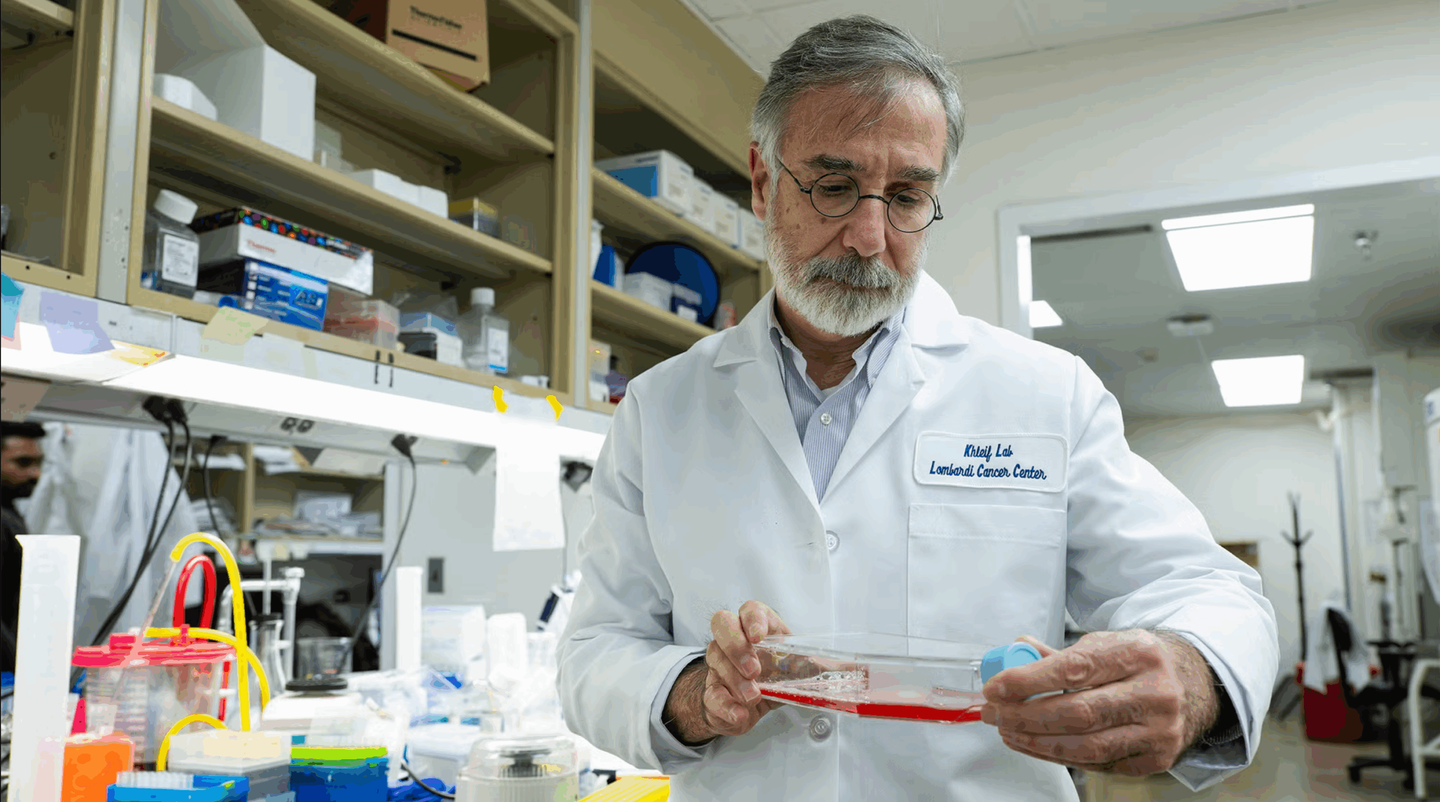Britain to roll out millions of 90-minute coronavirus tests
Millions of COVID-19 tests able to detect the virus within 90 minutes will be rolled out to British hospitals, care homes and laboratories

[Aug. 2, 2020: Reuters]
People walk past a British government public health campaign advertisement encouraging people to get tested, amid the spread of the coronavirus disease (COVID-19), in London, Britain, August 2, 2020. REUTERS/Toby Melville
Millions of COVID-19 tests able to detect the virus within 90 minutes will be rolled out to British hospitals, care homes and laboratories to boost capacity in the coming months, the country’s health minister said on Monday.
They will comprise 5.8 million tests using DNA and 450,000 swab tests. Neither will need to be administered by a health professional, said Matt Hancock.
“The fact these tests can detect flu as well as COVID-19 will be hugely beneficial as we head into winter, so patients can follow the right advice to protect themselves and others,” he said.
Separately, the publicly-funded National Health Service said it would be offering “COVID-friendly” treatments to cancer patients, including drugs that do not have a big impact on the immune system.
Like these kind of stories? Get The Brighter Side of News' newsletter.
Britain’s healthcare system has come under severe strain during peaks in the country’s COVID-19 outbreak, which has killed more than 46,000 people, the fourth highest toll in the world, according to a Reuters tally collated on Sunday.... Read More



